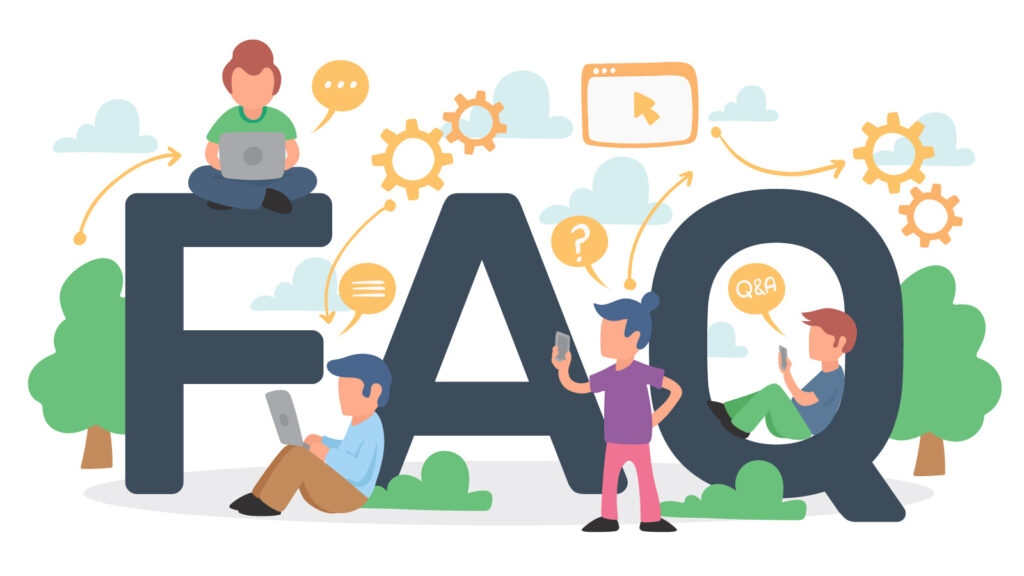Individual Counseling and Therapy

Individual counseling and therapy provide a confidential and supportive environment where clients work closely with a trained therapist to explore their thoughts, emotions, and behaviors. This process helps clients gain self-awareness, manage emotional challenges like anxiety or depression, heal from past traumas, improve relationships, and navigate life transitions effectively. Therapists use various approaches such as cognitive-behavioral therapy (CBT), psychodynamic therapy, mindfulness techniques, or solution-focused therapy to tailor interventions to the client’s specific needs. The goal is to foster personal growth, enhance coping skills, and empower clients to achieve their goals in a compassionate and non-judgmental space.
What is “mental health”?
Simply put, it’s our psychological, emotional and social well-being. Our mental health affects all aspects of our lives. It determines how we handle stress, cope with everyday pressures, deal with loss, how we experience our emotions and how we feel and our behaviours.
We all feel negative emotions, experience stress and pressure, and get overwhelmed, or down from time to time. It’s not uncommon to feel out-of-sorts, especially if you’re experiencing a major change, grieving a loss or you’re under extreme pressure. Our thoughts can get increasingly more negative or fearful. This can start to affect our attitudes, behaviours, habits, performance, relationships, and even our physical health.
Some mental health issues are the result of biological factors – our brain chemistry or genetics. Other times, they can manifest as a result of trauma or abuse, or they can be environmental in that we’ve seen relatives with mental health issues.
Left untreated, relationships can be affected, work performance suffers and people who are struggling can live a life that is increasingly limited by crippling anxiety or depression. It’s not uncommon for people experiencing mental health issues to self-medicate in the form of unhealthy behaviours (alcohol overconsumption, drug and substance use, gambling, etc.).
If you’re experiencing mental health issues, you are not alone.
At Untangled, we believe there is no shame in mental illness. We applaud you for taking action and making a choice to improve your mental wellness. We are honoured to support you on your journey to optimizing your life.
Untangled has over more years of experience providing therapy and treatments for adults in a wide variety of areas.
Insight can help with:
- Anxiety, phobias, and panic disorders
- Depression, thoughts of suicide, and disorders related to depression
- Issues of concern to the LGBTQ community, such as gender identity and gender transition
- Sexual dysfunction, and intimacy issues
- Trauma and Post Traumatic Stress Disorder (PTSD)
- Anger management
- Self-esteem issues
- Weight and eating disorders
- Grief and loss
- Stress management
- Abuse, emotional, sexual abuse and bullying
- Common mental health disorders (such as: bipolar disorder, delusional disorder, dissociative disorder and many more)
- Personality disorders (we provide therapy for all 10 personality disorders)
- Much more!
How Insight Can Help
At Insight, our intake team will help you to choose the right therapist based on their areas of specialty, personality, availability and therapy methods. Or, if you book online, you can make that decision yourself. Your therapist will work in partnership with you to determine the most effective method of therapy, and depending on your concern, together you’ll come up with a plan that makes sense for you. Check out our Counselling page to learn more about common mental health concerns and effective treatments.
We have several locations in Alberta and we also offer online counselling for those who prefer, or are unable to get to one of our locations. We look forward to supporting you on your journey to optimal mental wellness. Please contact us to learn more.

Frequently Asked Questions
Counselling is a process between an individual and their counsellor that helps the individual to overcome difficulties and change maladaptive or unhealthy emotional, behavioural or cognitive aspects. This leads to a more adaptive pattern of thought and behaviour and a satisfactory change in the individual. Thus, Counselling is an enabling process that provides alternative ways to think, feel and behave in a healthier manner.
It is a common myth that, Counselling is only for people who are very disturbed. In fact, counselling can be helpful for any person, who can think, feel and behave appropriately most of the times but sometimes, may require help to enhance, develop, change or improve his/her condition. Students, working professionals, couples, parents may seek counselling for different issues.
When a person experiences negative emotions such as sadness, hopelessness, frequent worrying, difficulty in daily functioning for a significant period of time and cannot cope with it, then they can visit the Counsellor by taking a prior appointment. Some of the concerns with which people approach a counsellor are prolonged sadness, worry, anxiety, indecisiveness, anger, lethargy, procrastination, addictions and so on.
Any concern or experience, from an everyday concern to a unique circumstance or situation can constitute a reason to seek help from a Counsellor. Counselling addresses concerns across many life stages, events and circumstances.
Common reasons why students have sought counselling include:
- Relationship difficulties such as frequent fights, extramarital affairs, sexual worries, loss of intimacy
- Academic problems, procrastination, difficulty keeping to deadlines, low confidence
- Distress related to peer relationships, dealing with rejection
- Illness, grief and loss
- Life transition and adjustment issues
- Personal growth and understanding
- Addiction related issues
- Sexuality and gender identity
- Anxiety, Depression, Stress
- Decision related to marriage and commitment
- Separation or divorce
- Loneliness
- Violence and abuse in relationship
Only your counsellor would know of this. For all those who seek counselling, confidentiality is maintained regarding their personal information, which is not disclosed to any person, group or authority without his/her consent. In case of emergency such as, when someone is feeling overwhelmed and maybe suicidal, the person listed as their emergency contact will be reached.
Sometimes a counsellor may share details about a session or a client with a team member or their supervisor to gain clarity, and seek suggestions on the way forward. This is done without divulging personal details of the client such as their name, course in which they are studying etc. It is done for enhancing to quality of the service and for the benefit of the client. This is termed as shared confidentiality.
Counselling is a process in which the individual and the counsellor work towards a common goal which is beneficial for the individual. This can lead to a satisfactory and beneficial change in the thoughts, feelings and behaviour of the individual. It can enable them to cope with unmanageable situations in the best way possible. The process helps to enhance the overall well-being of the individual.
The duration of the Counselling process differs for each individual. It depends on the complexity of the concerns that the individual has and his/her participation in the process. On an average, counselling sessions can extend between 2-6 sessions.
